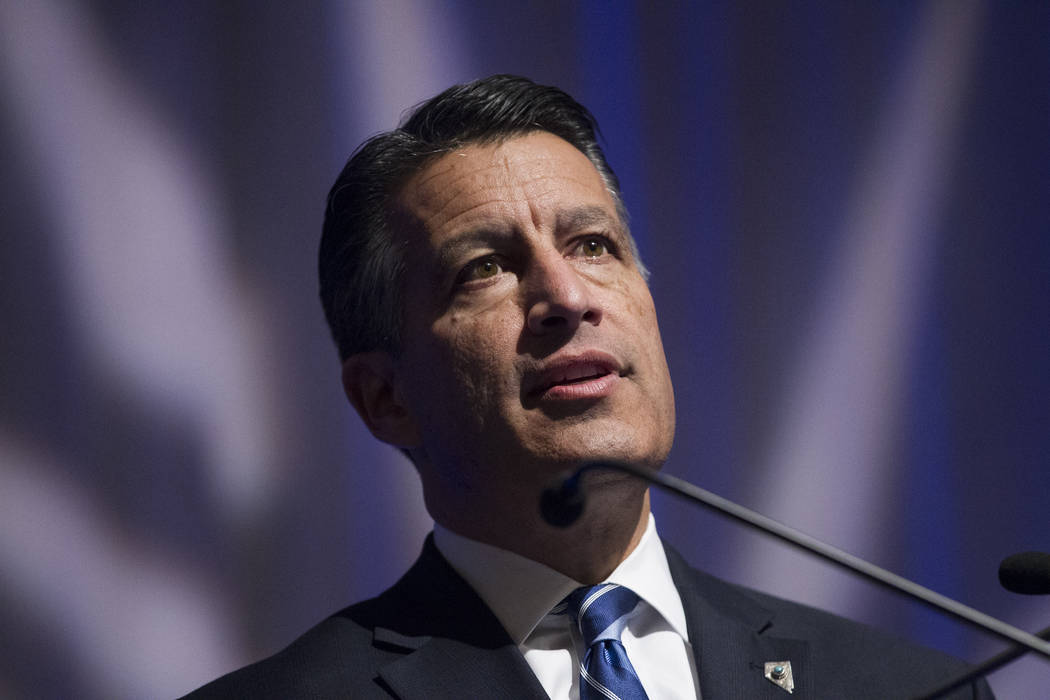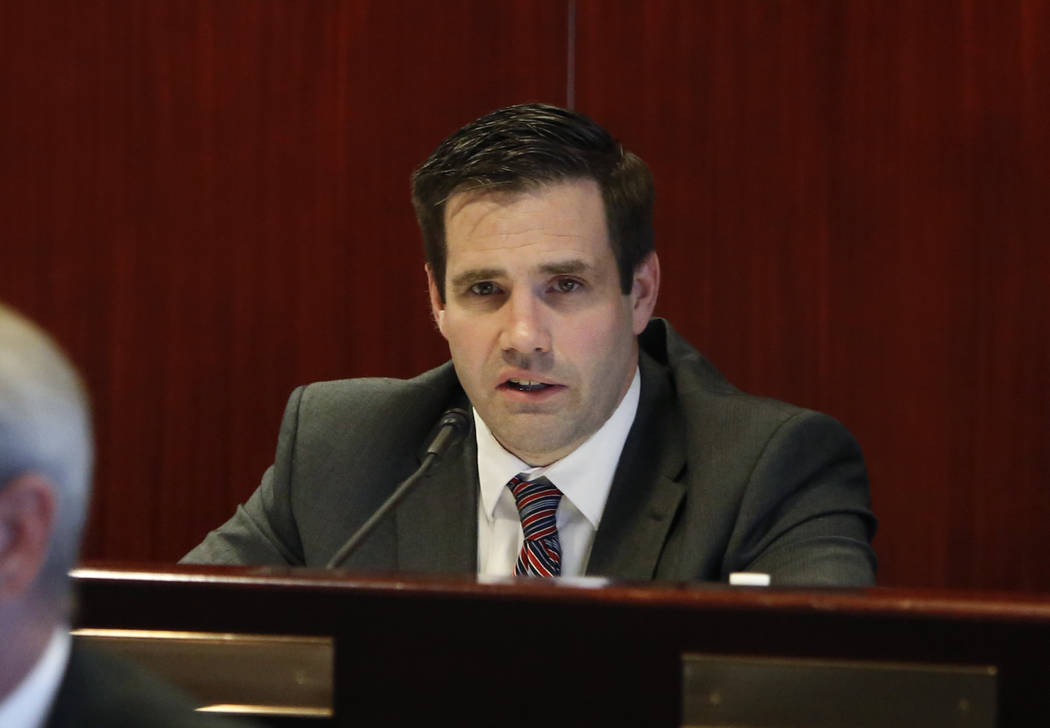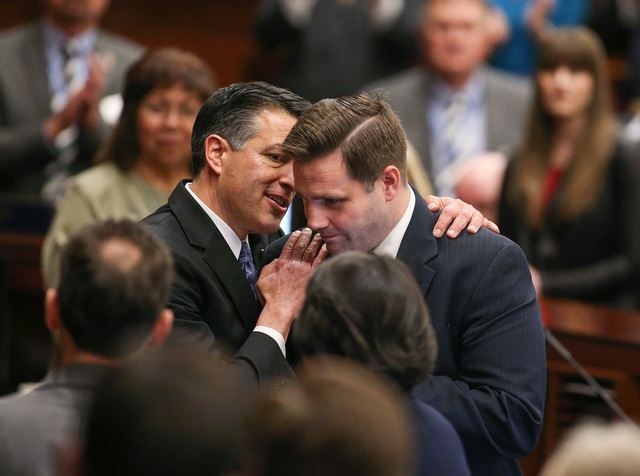After Las Vegas shooting, RJ investigation spurs Nevada review of casino response plans
Nevada officials have embarked on a broad campaign to improve oversight of casino emergency response plans in the wake of failings exposed in a Review-Journal investigation.
“We recognize there’s a shortcoming here, and we’ve got an aggressive plan to fix it going forward,” said Caleb Cage, chief of the Nevada Division of Emergency Management.
The Review-Journal reported last month that state officials had been lax in forcing casinos in Las Vegas and across Nevada to comply with a 2003 law that requires resorts to file emergency plans.
The investigation found that most casinos on the Strip had not updated their emergency plans with the state since 2012 and that more than two dozen large Las Vegas casinos had not revised plans since 2008.
A state official responsible for overseeing the plans acknowledged that he had not read the plans in years and had no resources to keep track of them.
Among the properties not reviewed since 2012 was Mandalay Bay, where a sniper armed with high-powered rifles used a 32nd-floor suite to attack an outdoor concert across the street, killing 58 people and wounding hundreds more.
There is no evidence that the state lapses in oversight contributed to the shooting deaths or injuries.
In an interview Tuesday, Gov. Brian Sandoval said revamping the review process has become a priority for him in the aftermath of the Strip massacre and the Review-Journal story.
“I don’t think there’s any argument that this is something we all need to do,” Sandoval said. “I think there’s going to be a joint effort to make sure that each one of (the casinos) have the best plans moving forward.”
Sandoval said he would call for a discussion about the plans at the Jan. 19 meeting of the Nevada Homeland Security Commission, which he chairs.
Plans required after 9/11
The state law, enacted after the Sept. 11, 2001, terrorist attacks, did not provide state and local authorities with enforcement measures to ensure that casinos submitted their plans. The result was years of little or no oversight.
The new state effort represents a move toward creation of plans that will be more useful to both casinos and emergency managers facing today’s stepped-up threats of domestic and international terrorism. Officials have said some requirements placed on casinos under the state law are outdated.
Both Cage and Sandoval said they are exploring whether the Nevada Gaming Control Board, which regulates the casino industry, can handle enforcement of the plans.
Sandoval said he would include positions in the next state budget for both the Division of Emergency Management and the Gaming Control Board, if needed, to “meaningfully review” the casino plans. A law or regulation setting standards for assessing the plans also may be necessary, he said.
“The bottom line is if we can do better, we should,” Sandoval said.
Cage said he is working to create a task force of emergency managers and casino security chiefs in Las Vegas and Reno to strengthen communications and devise a model emergency response plan for resorts.
He held an hourlong conference call Monday afternoon to map out a strategy with Clark County Emergency Manager John Steinbeck and his counterpart in Washoe County, Aaron Kenneston.
Cage said he also may seek federal Homeland Security funds this year to create a program to sustain compliance efforts. The program could be as simple as creating an automated system or holding an annual conference for casinos to learn how to update their safety plans, he said.
The state’s top emergency manager also hopes to persuade federal officials to conduct a casino security symposium this year that would include a discussion on the use of the plans.
Clark County Fire Chief Greg Cassell said last month that his agency does not keep the local casino plans on file, as required by the law, but has gathered critical emergency information about all the resorts. Firefighters in the field can electronically access that information, he said.
Updates sought from casinos
Cassell said Tuesday that he plans to send letters by the end of the week to more than three dozen casinos asking them to submit plans to his department.
Las Vegas Metropolitan Police Department officials declined interviews and would not say whether they had ever received the emergency response plans, which also are required to be filed with them.
Following Review-Journal inquiries in November, Cage sent letters to 93 casinos throughout the state urging them to file or update their plans with his office.
As of this week, 80 resorts had submitted plans, and new letters went out to the 13 properties that didn’t respond, Cage said.
“It’s progress, but we still have a lot of work to do,” he said.
The Review-Journal is owned by the family of Las Vegas Sands Corp. Chairman and CEO Sheldon Adelson. Las Vegas Sands Corp. operates The Venetian and Palazzo.
Contact Jeff German at jgerman@reviewjournal.com or 702-380-4564. Follow @JGermanRJ on Twitter.
























